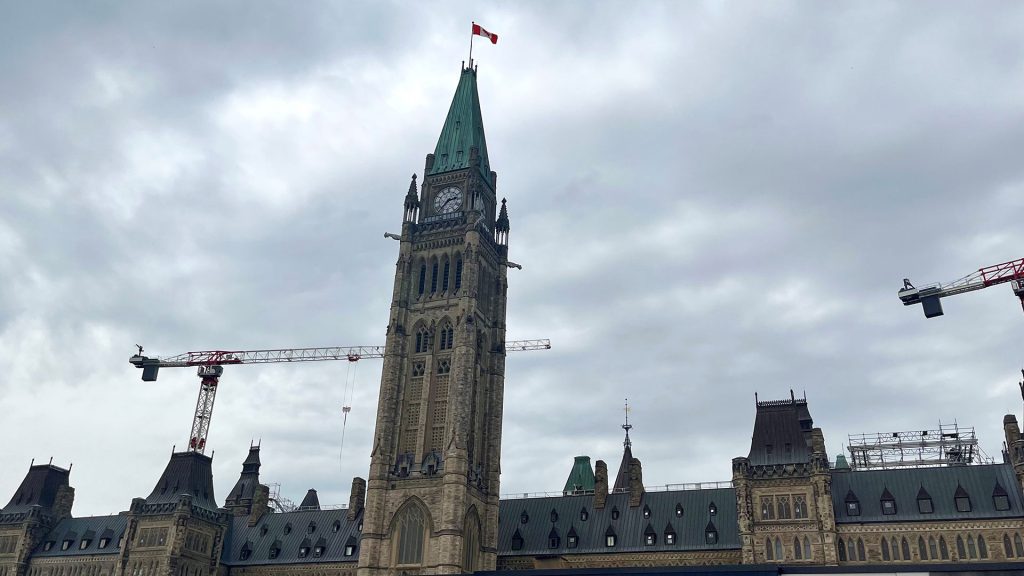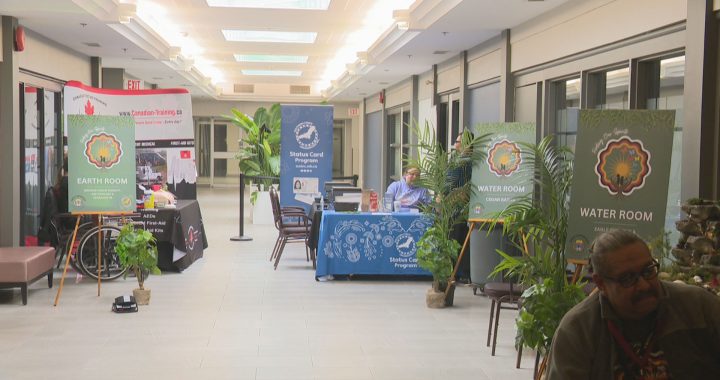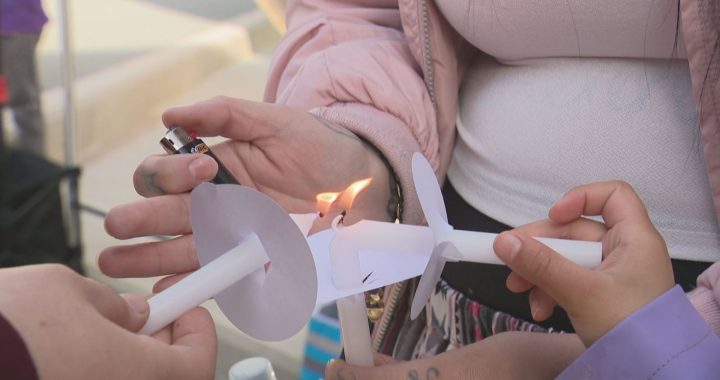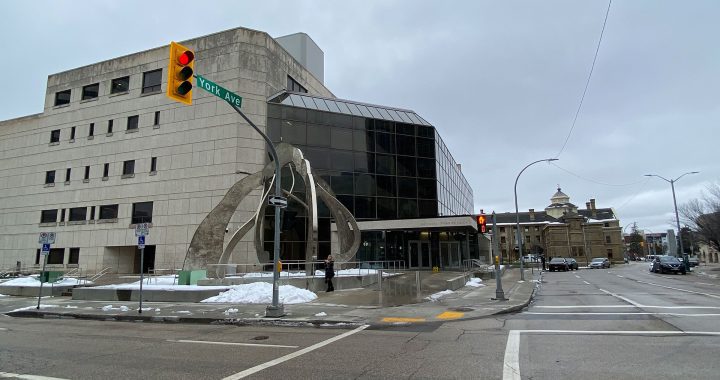
The minister of Northern Affairs says an “internal review” has been launched into the Nutrition North Canada (NNC) program that provides subsidies to grocery chains to make food more affordable in northern and remote communities.
“Our government is absolutely committed that 100 per cent of the retail subsidy is passed on directly to Northerners. We have launched an internal review of the program,” said Dan Vandal at a committee meeting on March 20. “There’s an internal review of the program and once that is done there will be an external audit of Nutrition North, specifically the retail subsidy.”
Vandal also told the committee that he’s met with the researchers featured in a report on the Nutrition North program and that they’ll “continue to work together.”
Nutrition North is supposed to make grocery prices affordable for Northerners, but under the Liberals, it's going to line the pockets of a wealthy CEO.
If the Minister wouldn't tolerate paying that much for groceries, why should northerners? pic.twitter.com/u3uUE4NzqK
— Niki Ashton (@nikiashton) April 4, 2024
Lori Idlout, NDP MP for Nunavut, said she wrote to Vandal after the story broke on APTN News about whether the total subsidy was being passed along to consumers. She said news of an internal review was news to her.
“I asked several questions in the house. I’ve written him a letter [in January], he finally responded to me a week or two ago citing previous reports and in no way did he mention that there would be an internal review,” Idlout said. “The high cost of living in the north is especially making it more difficult. We know that poverty is elevated in Nunavut and I think that only proposing to do an internal review is absolutely insufficient.”
The federal government spends $134 million a year on NNC which is designed to keep food costs down. It requires food companies to pass on 100 per cent of the subsidy to consumers. The Northwest Company, one of the food companies operating in the north, told APTN that it “unequivocally passes along 100 per cent of all NNC subsides in our pricing.”
But in a January report, APTN Investigates spoke to Tracey Galloway, a professor at the University of Toronto who said that food insecurity has only risen since the creation of the NNC. She co-authored a study published in the Journal of Public Economics that analyzed dozens of communities between 2016 and 2018 and found that the subsidy wasn’t being fully passed on to consumers to make groceries cheaper.
“The amount of subsidy that was being translated into lower [grocery] prices were 67 cents on the dollar,” Galloway told APTN.
Vandal hasn’t made himself available to APTN to talk about the program. His office sent an email statement for this story stating that it’s “undertaking the evaluation in partnership with Indigenous partners, communities and other departments and it will include engagement at the community level. As part of regular evaluation practice, an Evaluation Working Group, comprised of Indigenous and Department partners has been established, to work with evaluators and to inform the evaluation process,” said Kyle Alan in an emailed statement.
“The purpose of the evaluation is to assess the design, delivery, relevance, and performance of the expanded elements of the program as well as to review the subsidy.”
Read More:
APTN Investigates: Food for Profit
In 2014, Canada’s auditor general looked at Nutrition North and found that the federal government hadn’t “managed the Program to meet its objective of making healthy foods more accessible to residents of isolated northern communities.”
“We concluded that the Department has not done the work necessary to verify that the northern retailers are passing on the full subsidy to consumers,” the report said. “The Department did not require information on profit margins, either in its contribution agreements with retailers or through its compliance reviews of retailers, which is necessary to verify that the subsidy is fully passed on to consumers.
“The northern retailers have attested to the Department that they do pass on the full subsidy to consumers. If the Department was able to verify that this was the case, some of the public skepticism surrounding the Program could be lessened. This would benefit both the Department and northern retailers.”
Nicholas Li, who co-authored the report with Galloway, is one of two or three researchers in Canada who have confidential access to the information on the federal government’s NCC program. The data includes prices and the subsidy paid for a certain number of products. But there’s an issue.
“The last time I checked you couldn’t see anything after March 2021 – or maybe June 2021 so there’s a lag,” he said.
Li said that while he doesn’t know what the federal government’s internal review entails, he said he would like to see more transparency from the retailers.
“This is something that should be done by the retailers they’re the ones getting the subsidy,” Li said. “It’s much easier to provide comprehensive list of all the subsidized goods and how they’re priced and basically report that.”
Li said he doesn’t see any “insurmountable, logistical or political hurdles” for the companies to provide this information “especially if retailers are confident they’re complying with the program as they claim to. It’s just greater transparency of the pricing of these subsidized good.”
Alan said in the statement that the evaluation by Northern Affairs staff “is anticipated for March 2025” and will put on the government’s website. He said program evaluations take place every five years.
Idlout told APTN she’s considering asking the auditor general to investigate the subsidy program again.
“When I’ve had my conversations with the minister, when he suggested that there would be a third party review I made sure that he heard me loudly that it was preferable that the auditor general audit the program,” she said. “It has to be someone of authority and someone we can trust.”
With files from Brittany Guyot and Tom Fennerio.









